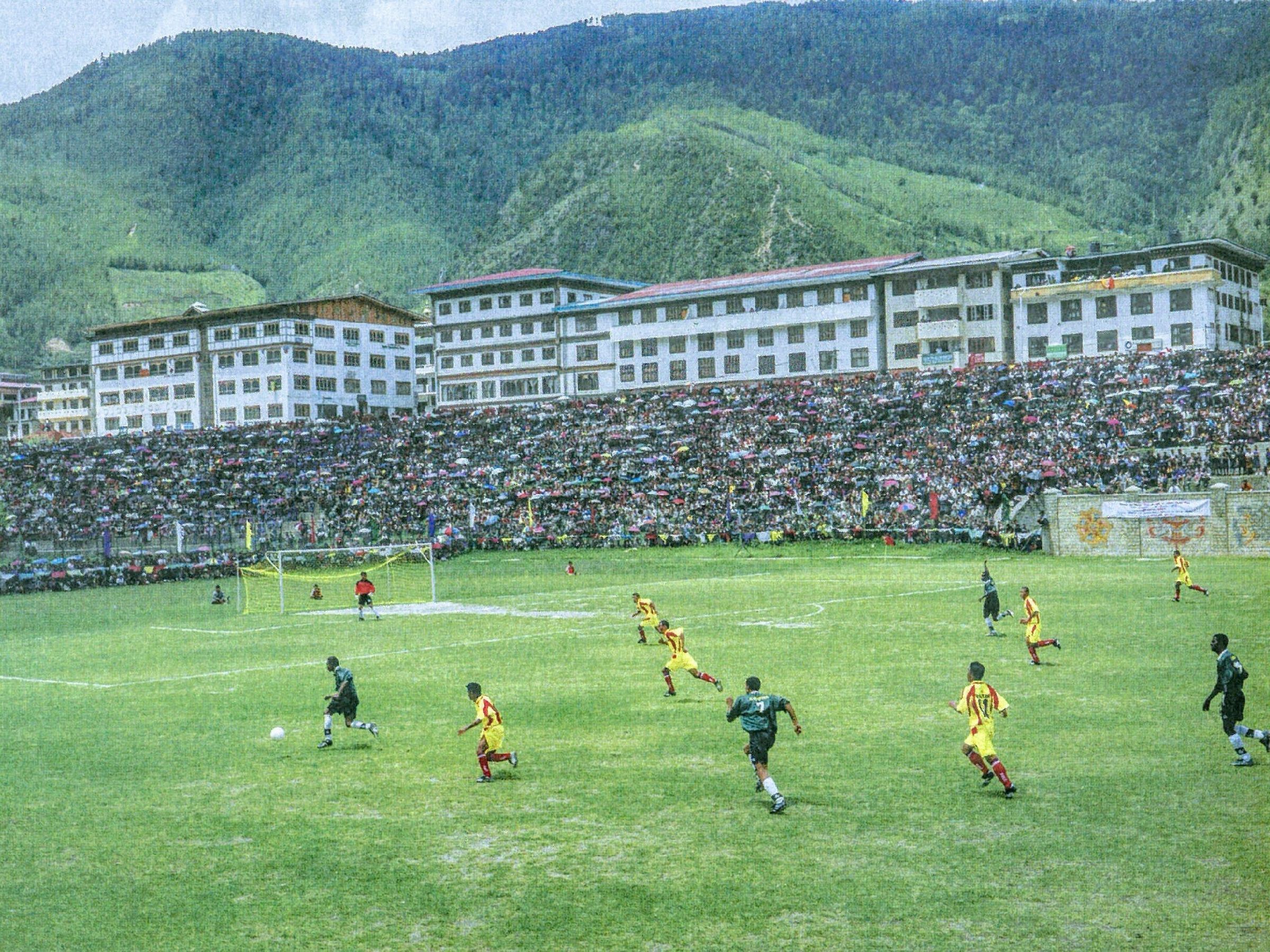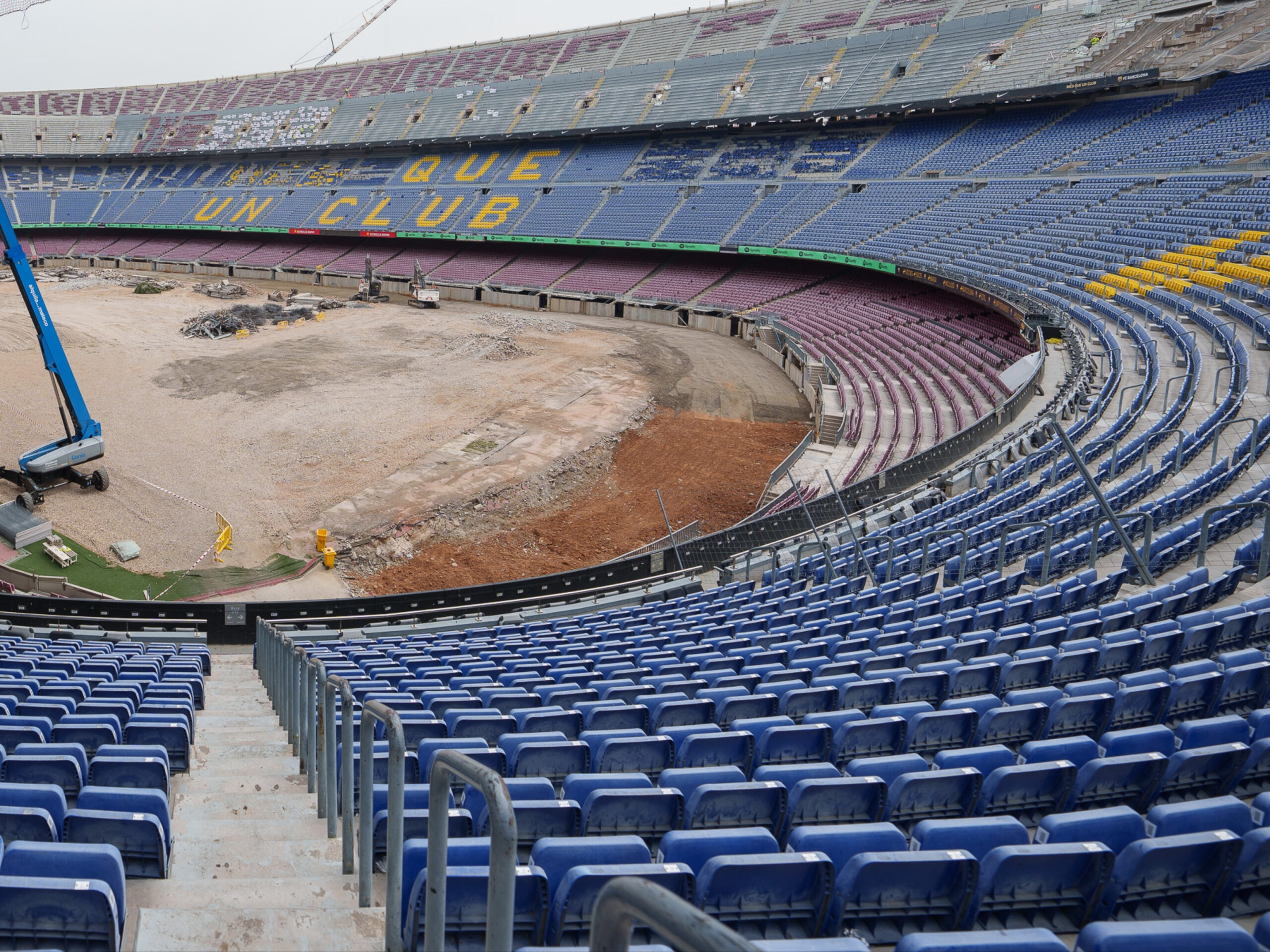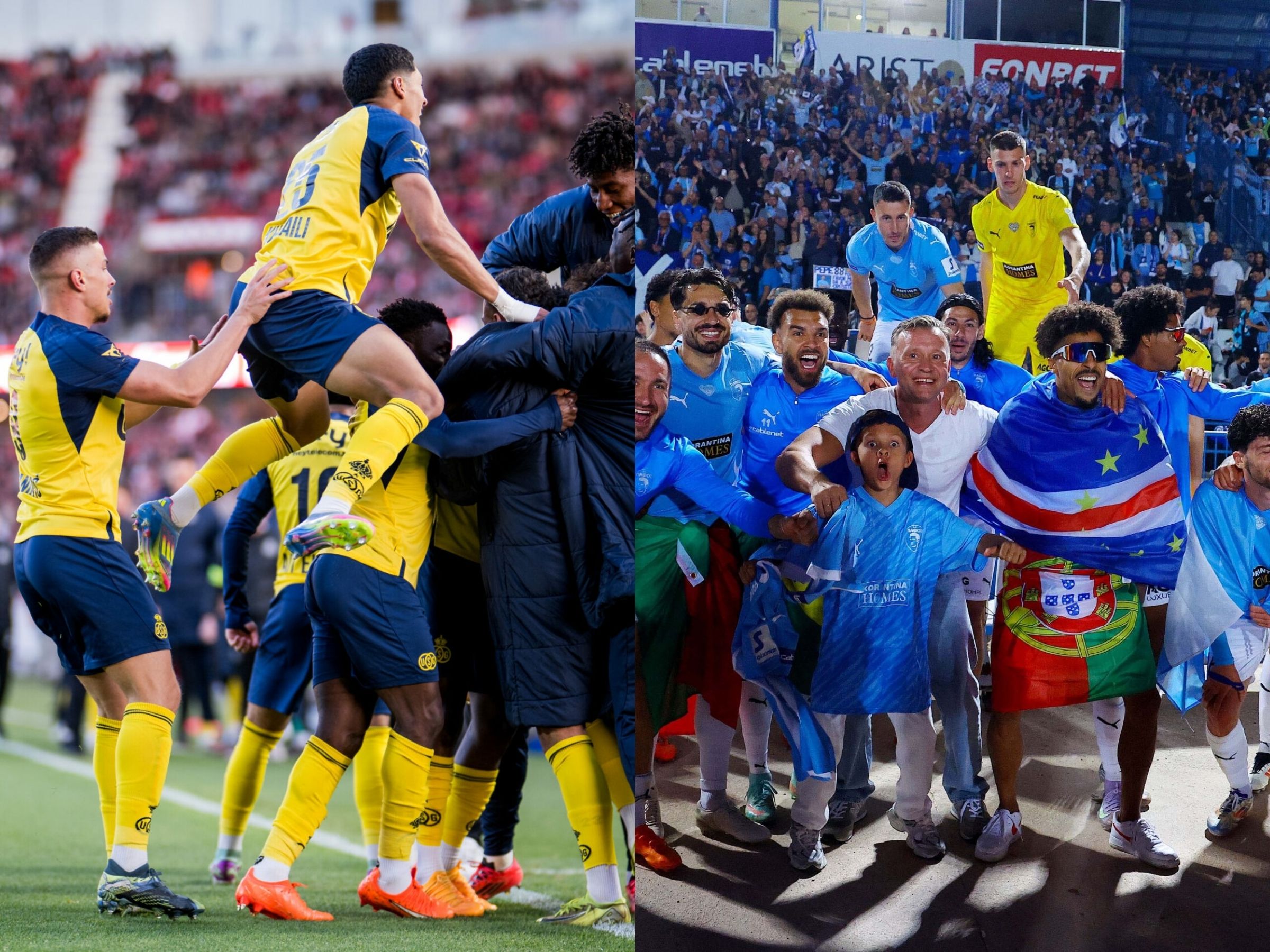Ana Rossell always knew where her true loyalties lay. A former footballer for Atlético Madrid, she was unwavering in her belief that city rivals Real Madrid should start a women’s team. Despite repeated refusals from multiple presidents, including Florentino Pérez, her persistence became emblematic of the entire journey—a story of patience, vision, and the gradual transformation of institutional thinking.
That journey, however, has been anything but easy. Five years into their existence, Real Madrid Femenino remains Spain’s second-best team, overshadowed by a dominant Barcelona. And when it comes to El Clásico, the numbers speak for themselves.
Since Real Madrid Femenino’s creation in 2020, Barcelona has played 15 Women’s Classicos and won every single one. The aggregate? A staggering 53 goals for Barcelona to Real Madrid’s 6. This isn’t a rivalry—it’s a rout.
This disparity isn’t about money; it’s about vision.
In 2014, when Rossell founded CD Tacón, she wasn’t just creating a football club. She was building the foundation for something much bigger. Her strategy was precise: elevate the team to a point where Real Madrid could no longer ignore it and would be compelled to acquire it.
She wasn’t alone in her ambition. Alberto Ulloa, the founder of Madrid CFF and a fellow Real Madrid socio, also dreamed of a women’s team bearing the iconic white crest.
Despite the odds, Rossell’s vision has come to life. But the road to true parity—and meaningful rivalry—remains long and uncertain.

Pérez’s reluctance spoke volumes. In 2017, when he finally addressed the possibility of a women’s team, his words revealed everything: “We’re working on it, but it will be from the position of a newly formed club, not one where we bring in the best players from Germany, Brazil… That is not what Madridismo is all about.”
Translation for football fans? We’ll do this our way. Slowly. Methodically.
It took time, but in 2019, Real Madrid finally made the leap into women’s football. Surprisingly, Pérez shifted course. CD Tacón had just earned promotion to Liga F—the top tier of women’s football in Spain equivalent to La Liga—and Real Madrid seized the moment. Instead of starting from scratch, they completed a merger, bringing Tacón under their wing.
In 2019/20, Tacón played under the Real Madrid umbrella for the first time. The season, however, was far from smooth. They finished a disappointing 10th, their struggles epitomized by a humiliating 9-1 debut loss to Barcelona.
Barcelona Femini’s story
Barcelona’s journey into women’s football began long before it was widely recognized as a legitimate sporting category. Their project started in 1970, at a time when most clubs dismissed women’s football as amateur and unworthy of professional investment. Barcelona, however, saw an opportunity to build something revolutionary.
Progress was gradual, but a pivotal moment came in 2003 when they officially integrated Penya Femenina Barcelona into the club. This move allowed them to compete directly as FC Barcelona’s women’s team. Success followed between 2011 and 2015, as they claimed the Spanish Liga F title in each of those years.
The next milestone came in 2015 when they secured a professional license—a critical step that enabled players to make a living from football. But these weren’t just bureaucratic decisions. They were cultural revolutions.
Take players like Alexia Putellas and Aitana Bonmatí. They aren’t high-profile imports; they’re homegrown talents, developed in a system that recognized and nurtured their potential long before they achieved global fame.
Barcelona didn’t just build a team—they built a philosophy.
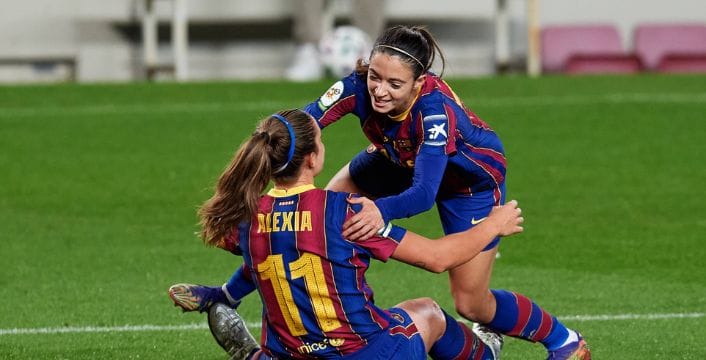
Aitana Bonmati and Alexia Putellas, (Alex Caparros/Getty Images)Today, women’s football is bigger than ever, and FC Barcelona has played a pivotal role in that transformation. They’ve reached heights once unimaginable, selling out 90,000-capacity stadiums—like they did twice in 2022 at Camp Nou. First, in the UEFA Women’s Champions League quarterfinals against Real Madrid, and again in the semifinals against Wolfsburg.
Barcelona’s journey wasn’t built overnight. They grew steadily during an era when women’s football didn’t receive the mainstream attention it deserved. Their progress was quiet but deliberate.
Now, as the sport enjoys explosive growth, Barcelona isn’t just reaping the rewards of their early vision. They’re planting seeds for an even brighter future, ensuring the next chapter of women’s football is bigger and better than ever before.
Where is Real Madrid Femenino?
Real Madrid’s approach to women’s football has been fundamentally different. Their team represents potential more than accomplishment. Second place in the league. Group stage exits in the Champions League. No trophies yet. But every match and every season marks progress.
The youth academy isn’t just producing players—it’s building a culture. The core young talents signed in the early seasons, like Olga Carmona, Teresa Abelleira, and Misa Rodríguez, aren’t just standout individuals. They embody a long-term vision—a commitment to making this a generational project.
Barcelona’s head start isn’t just about time—it’s about unwavering dedication. They invested when women’s football brought no financial return, when stadiums were empty, and sponsorships were scarce. They saw beyond immediate results, understanding that true excellence requires patience and belief.
For Real Madrid, competing at Barcelona’s level will take time—a realistic timeline of 7-10 years. Not because they lack resources or talent, but because building a truly competitive women’s football program isn’t just about the team. It’s about creating an entire ecosystem.
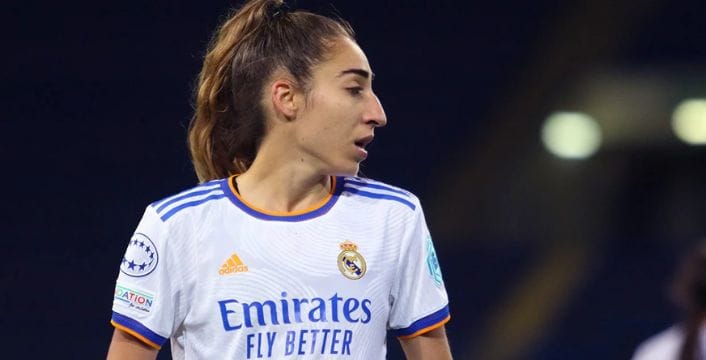
This isn’t a story of failure. It’s a story of transformation. Every match, every season narrows the gap. Real Madrid Femenino represents more than a football team. It represents a promise – that sporting excellence is a journey, not a destination.
The gap will close. Not immediately. But inevitably.


